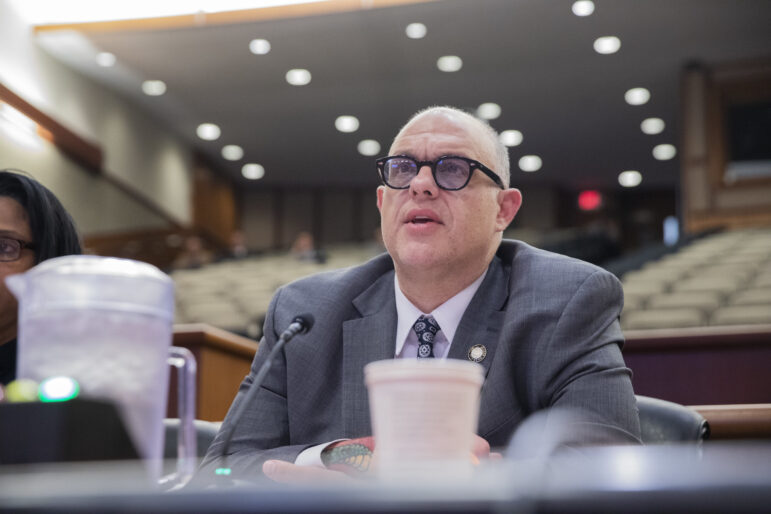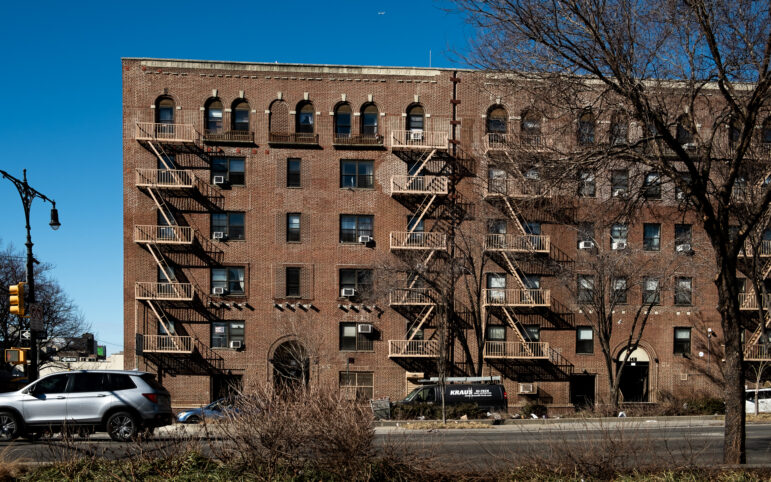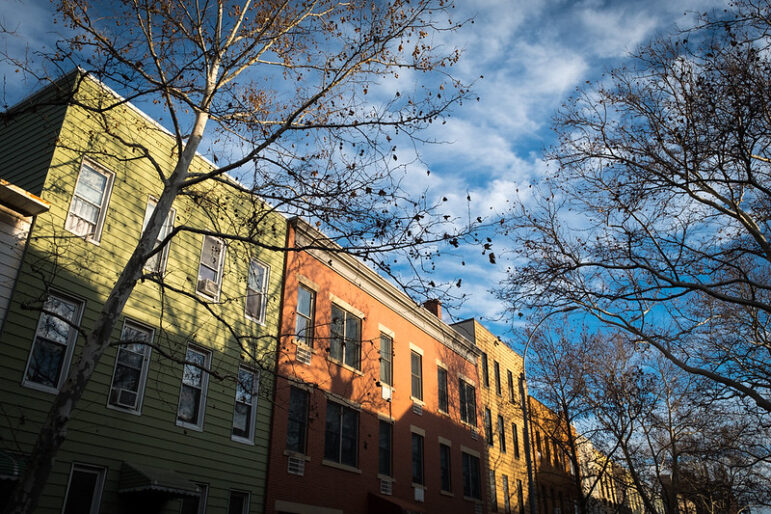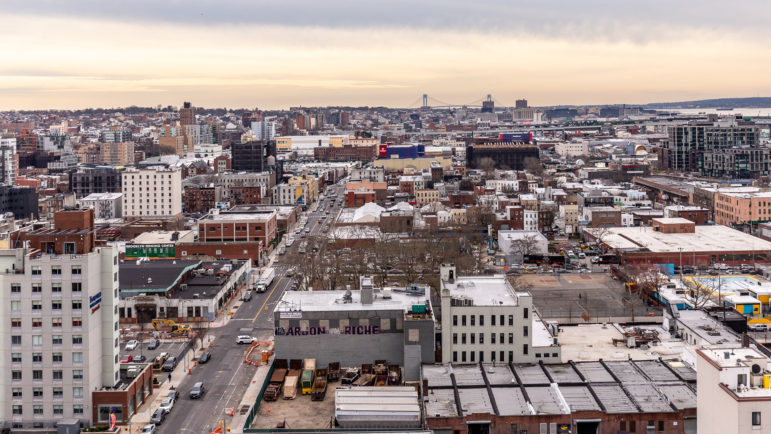The Giuliani administration is dragging its feet on funding 38 new Beacon Schools, leaving local groups to bankroll the popular children’s after-school programs until Christmas.
The Beacons, run out of Board of Education facilities, were supposed to receive city stipends by October 1. Instead, local groups say, the city has sent them letters of confirmation, but no checks. And, even though the administration backed the new programs, council leaders think the delay is linked to Giuliani’s ongoing refusal to release funding for other programs.
“The new Beacons got caught up in this budget fight with Giuliani,” said City Councilman Ken Fisher, the Brooklyn Democrat who chairs the youth committee. “So far, we’ve lost out on months of services that were never provided to the children, even though funding could be made available.”
Whatever the snag is, Beacon directors say they have no indication when the money will start flowing. “We’re proceeding with the program,” said Ray Liszczych, director of development for Rheedlen Center for Children and Families, which runs two of the programs in Harlem and Manhattan Valley. “But we don’t know when we are getting a contract exactly, and we don’t know when we are being reimbursed.”
Like Liszczych, many Beacon directors have had to pay for the $450,000-a-year programs out-of-pocket. The programs serve kids from kindergarten through high school, and provide mentoring, dropout prevention, leadership training and anti-violence counseling.
The administration says the delay is an unavoidable result of reviewing and processing the new programs–the new programs have doubled the total number of Beacon schools. Funding for existing Beacons has not been affected.
“People shouldn’t worry about it,” responded Robert Mascali, assistant commissioner with the city’s Department of Youth and Community development, which funds the program. “It’s nearly a half-million [dollar] contract, and it’s guaranteed for three years. By Christmas, things will be all together, it’s looking very good.”
Mascali downplayed the impact on local groups, saying that “most of these are very large organizations, they know what’s going on.”
“It was a political decision–they just didn’t want council members announcing good things over the summer,” countered Fisher. “But now, with the election over, they’re starting to move ahead again.”








